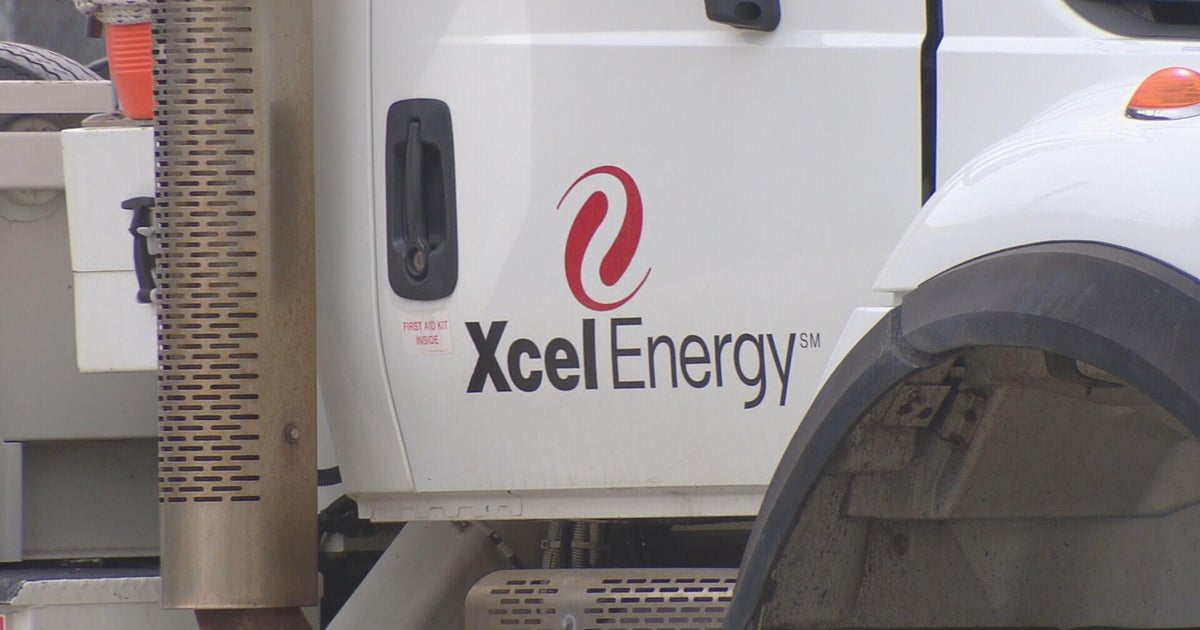Whole Foods recalls pesto in 5 states due to undeclared nuts
- The Food and Drug Administration has issued an allergy alert for undeclared nuts in two pesto products sold at Whole Foods Market stores in five states.
- The grocery chain is recalling the products, which could cause serious or deadly allergic reactions, according to the FDA.
- Whole Foods sold the basil and sundried tomato pestos in Connecticut, Maine, Massachusetts, New Hampshire and Rhode Island.
Whole Foods Market is recalling pesto sold in five states due to undeclared nuts that could cause serious or deadly allergic reactions, the U.S. Food and Drug Administration said Thursday.
The retailer's in-house basil pesto and in-house sundried tomato pesto may contain undeclared milk and tree nuts, specifically walnuts and pine nuts, according to an FDA alert. People who are allergic or sensitive to nuts run the risk of a serious or life-threatening allergic reaction in they consume the recalled products, the agency said. One allergic reaction has been reported, with the issue discovered after a consumer alerted a store.
The pesto products were available between May 17 and June 4 at Whole Food stores in Connecticut, Maine, Massachusetts, New Hampshire and Rhode Island. Sold in clear plastic containers and at antipasti bars, the recalled products have sell-by dates from June 7, 2019, to June 26, 2019.
Both pesto products were sold by the pound, with the basil pesto containing a PLU code beginning with 255926, while the sundried tomato pesto can be identified by the PLU code beginning with 256009. Both sell-by dates and PLU codes can be found on the product scale labels.
Customers who purchased the recalled product can bring a valid receipt into stores for a full refund. Consumers with additional questions can call 1-844-936-8255 between the hours of 7 a.m. and 10 p.m. Central time, Monday through Friday, or 8 a.m. and 6 p.m. Saturday through Sunday.
Millions of Americans, or roughly 4 percent of the population, have a food allergy, with nuts among the more common. The issue prompted a years-long campaign to get Southwest Airlines to stop handing out peanuts on its flights, a demand that carrier complied with last summer.





